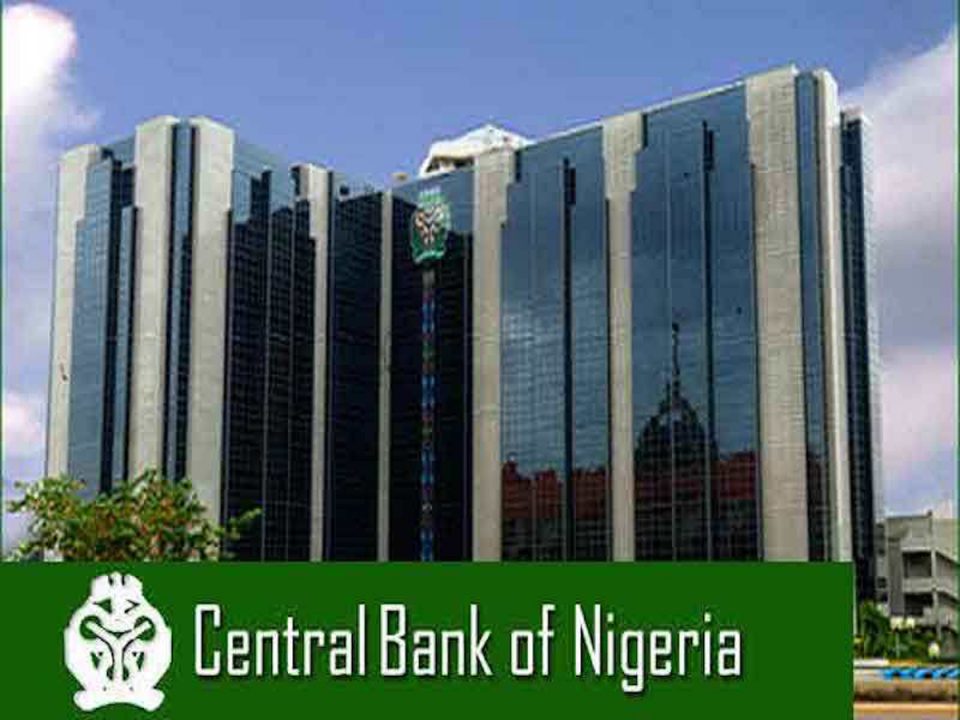Photo caption: CBN building
Nigeria’s gross foreign exchange reserves fell by $2.57bn from January to March 2025, marking a 6.29 per cent decrease over the three-month period.
This was revealed in external reserves data available on the website of the Central Bank of Nigeria.
Earlier this week, the CBN attributed the decline in the country’s foreign exchange reserves during the first quarter of 2025 to the burden of foreign debt servicing.
On January 2, 2025, Nigeria’s foreign exchange reserves stood at approximately $40.88bn but dropped to $39.72bn by the end of the month.
By the end of February, the reserves fell further to $38.42bn, representing a decline of $1.3bn within one month, equivalent to a 3.27 per cent decrease.
The downward trend continued into March as the reserves dropped to $38.31bn by the end of the month. This represents an additional reduction of $110m, translating to a 0.29 per cent decline compared to the previous month.
The combined month-on-month decreases led to a total quarterly drop of $2.57bn, representing a cumulative decline of 6.29 per cent over the first quarter of 2025.
Despite the strong reserves position at the end of 2024, the first quarter of 2025 witnessed a reversal, primarily driven by the need to service foreign debts.
The CBN noted that the first quarter figures reflected seasonal and transitional adjustments, including significant interest payments on foreign debt.
These obligations have been a consistent pressure point, leading to a drawdown of reserves despite the improvements observed in the preceding quarter.
In a statement, the CBN said, “Reserves have continued to strengthen in 2025. While the first quarter figures reflected some seasonal and transitional adjustments, including significant interest payments on foreign-denominated debt, underlying fundamentals remain intact, and reserves are expected to continue improving over the second quarter of this year.”



